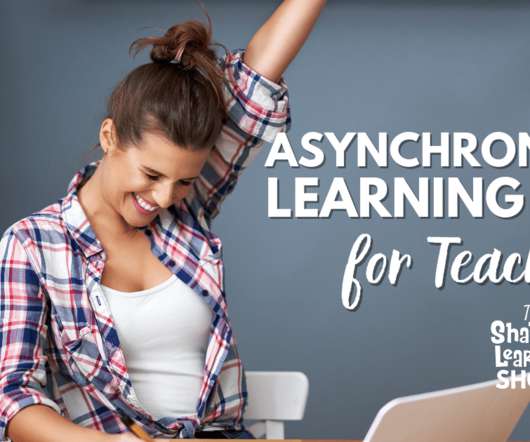Using Transactional Distance Theory to inform instructional design
IT Bill
JUNE 2, 2016
For the past several years, online learning in higher education has focused on delivering a highly structured learning environment. The inverse relationship between learner autonomy and course structure is important to keep in mind as we design for emerging distance learning models. CC-BY by Oliver Clark on Flickr.
















Let's personalize your content